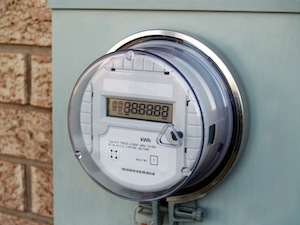
Putting broadband bonds on the meter.
As Google Fiber takes the reins in Provo, Utah, the city council in Longmont, Colorado is heading to the ballot box to, essentially, ask voters if they want to follow the same path. At least as far as using city electric bills as collateral.
The Longmont council voted in May to move ahead with plans to build a fiber-to-the-home system, leveraging an existing – and successful – municipal dark fiber business. Last week, council members looked at the available financing options. They could have decided to try to self-fund the project out of current dark fiber profits – about a quarter million dollars a year – but with construction costs estimated in the $35 to $40 million range and early FTTH operating losses a certainty, it would have taken a long, long time to complete the project.
So they decided to borrow the money – $44 million including interest and overhead – hoping that the FTTH system will generate enough cash flow to pay it back, but planning to pay with revenue from the city-owned electric utility if it doesn’t. Voters have to approve, and sometime this month the city council will set a date for an election. There’s already a city election scheduled for November, so that’s a possibility.
When Provo built its FTTH project, it also backed its bonds with its municipal electric utility. FTTH revenue fell far short of making the payments, so now Provo residents have an extra $5.35 per month tacked on to their electric bills, whether they use the system or not. Even that wasn’t enough to keep the system afloat, so Provo City sold it to Google for a couple of bucks.
Provo was lucky to have the Google option available, else the monthly tab would likely have gone higher. As it should be, it’ll be up to Longmont voters to decide if they want to make the same entrepreneurial gamble with their own electric rates.
